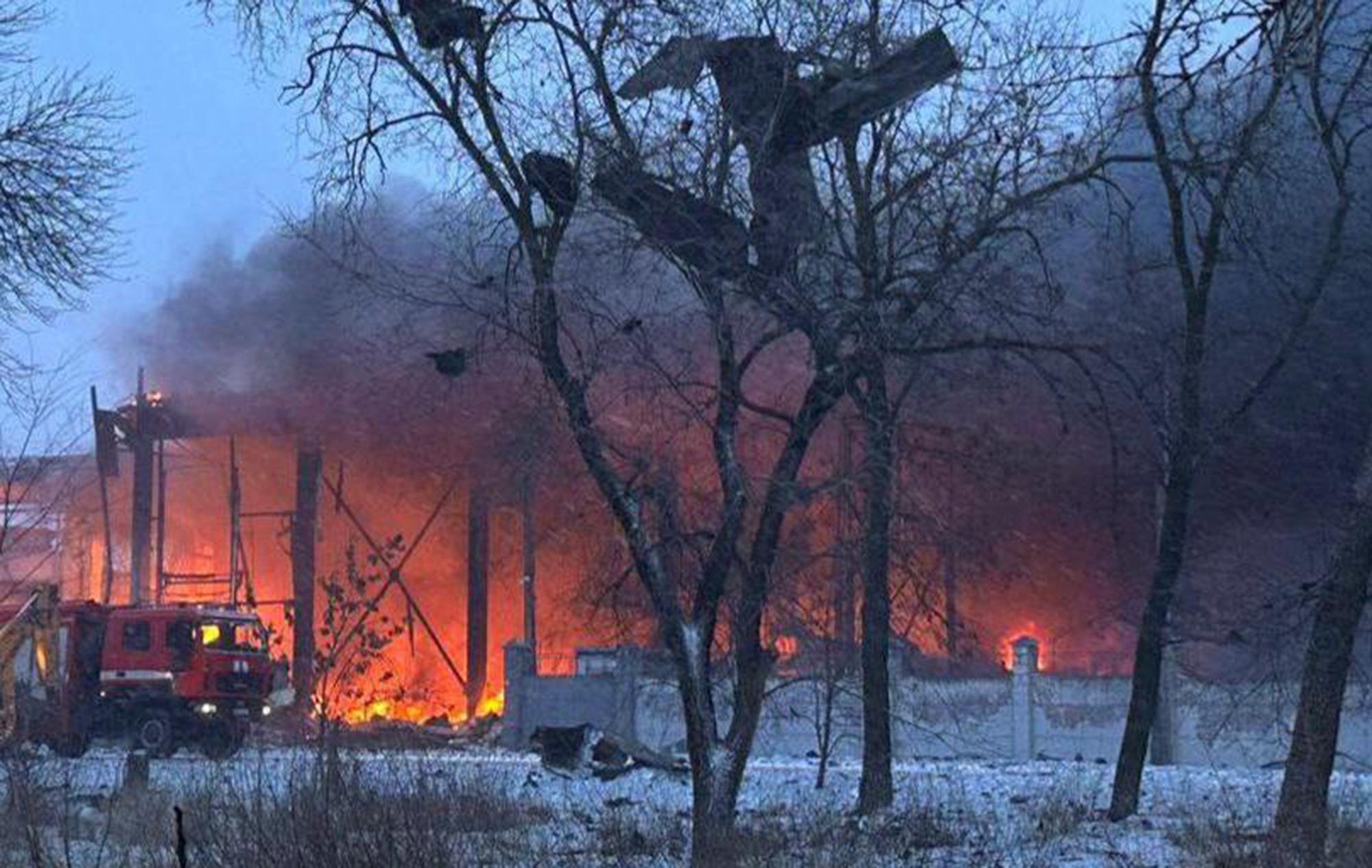
An area in Ukraine's Dnipropetrovsk province was hit by fire on January 8.
CNN on January 9 quoted information from Ukraine's Ukrenergo Electricity Company saying that harsh winter weather caused 1,025 towns and villages in 9 provinces to lose power, in the context of the power system being weakened by attacks.
Electricity consumption hit a record high this week as temperatures in many parts of Ukraine dropped to minus 15 degrees Celsius. “Consumption continues to increase due to significant temperature drops across the country,” according to Ukrenergo.
Clash Points: Ukraine Lacks Artillery Ammunition, Uses UAVs; Israel Adds to US Worries
Ukraine had to import electricity from Romania and Slovakia to meet demand, as electricity consumption on the morning of January 9 was 5.8% higher than the previous day.
Ukrenergo said Ukraine's thermal power plants were still recovering from a Russian attack last winter, while solar power systems were unable to operate at full capacity due to cloud cover and bad weather.
According to The Kyiv Independent , citing information from the Ukrainian Ministry of Energy, in addition to bad weather, attacks on energy infrastructure also caused power outages.
DTEK said workers repaired damaged power lines and substations, restoring power to 194,000 people in Odessa region and 24,000 people in Dnipropetrovsk region.
Russia has not commented on the above information.
Russia strengthens territorial protection
TASS news agency on January 9 quoted Kremlin spokesman Dmitry Peskov as saying that the Russian military will do everything possible to minimize and then eliminate the threat from Ukrainian artillery targeting Russian cities.
He accused Ukrainian armed forces of firing cluster munitions into the centre of Belgorod. “Our military will continue to do everything to first reduce this threat and then completely eliminate it,” he said.
Ukraine steps up attacks on Russian province with rockets, intelligence agents
Russia said that Ukrainian troops fired two cluster munitions and a Czech-made rocket on December 30, 2023, in the central areas of Belgorod, a city of 340,000 people located about 40 km from the Russia-Ukraine border.
According to the latest data, the attack killed 25 people, including 5 children, and injured more than 100. Dozens of residential buildings and civilian facilities were damaged.
A day later, the Russian Defense Ministry announced retaliatory strikes on military targets in Ukraine, notably the city of Kharkiv.
Kyiv did not immediately comment on the report, but RBC-Ukraine cited anonymous sources as saying that Ukrainian forces had directed fire at military targets in Belgorod in response to Russia's massive raids on Ukrainian cities the day before.
In another development, The Guardian newspaper on January 9 quoted Governor Andrei Klychkov in the Oryol region in Russia as saying that two "enemy" UAVs attacked a fuel facility in the city of Oryol in this region.
He said the fire in the area had been brought under control. Oryol is located 370 km south of Moscow and 220 km from the Ukrainian border.
Ukraine has not commented.
Ukraine needs to upgrade armor for M1 Abrams tanks
Finland continues to worry about borders
TASS news agency on January 9 quoted Finnish Interior Minister Mari Rantanen as saying that the country will not open border checkpoints with Russia after January 14.
Ms. Rantanen said that there has been no change in the migration situation at the border with Russia, so "there is a risk that Russia will continue such activities if the border is opened," according to a news report from MTV3 (Finland).
Finnish Prime Minister Petteri Orpo confirmed that Helsinki will not reopen border crossings with Russia after January 14.
Previously, the Finnish government decided to close all vehicle checkpoints on the border with Russia from November 30 to December 14, 2023.
The two crossings were then opened but the border was closed again from 15 December 2023 to 14 January 2024, due to a new wave of migration from third countries.
Russian Foreign Ministry spokeswoman Maria Zakharova said earlier that Finland's move to close border crossings was creating new dividing lines in Europe and that Moscow would respond to these actions after interagency consultations.
Source link


![[Photo] Visiting Cu Chi Tunnels - a heroic underground feat](https://vstatic.vietnam.vn/vietnam/resource/IMAGE/2025/4/8/06cb489403514b878768dd7262daba0b)







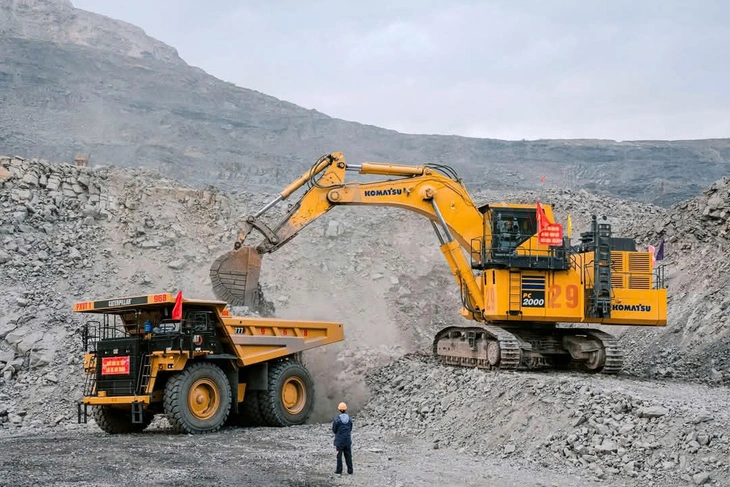

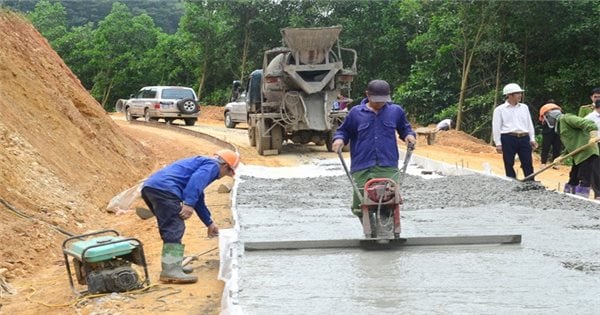

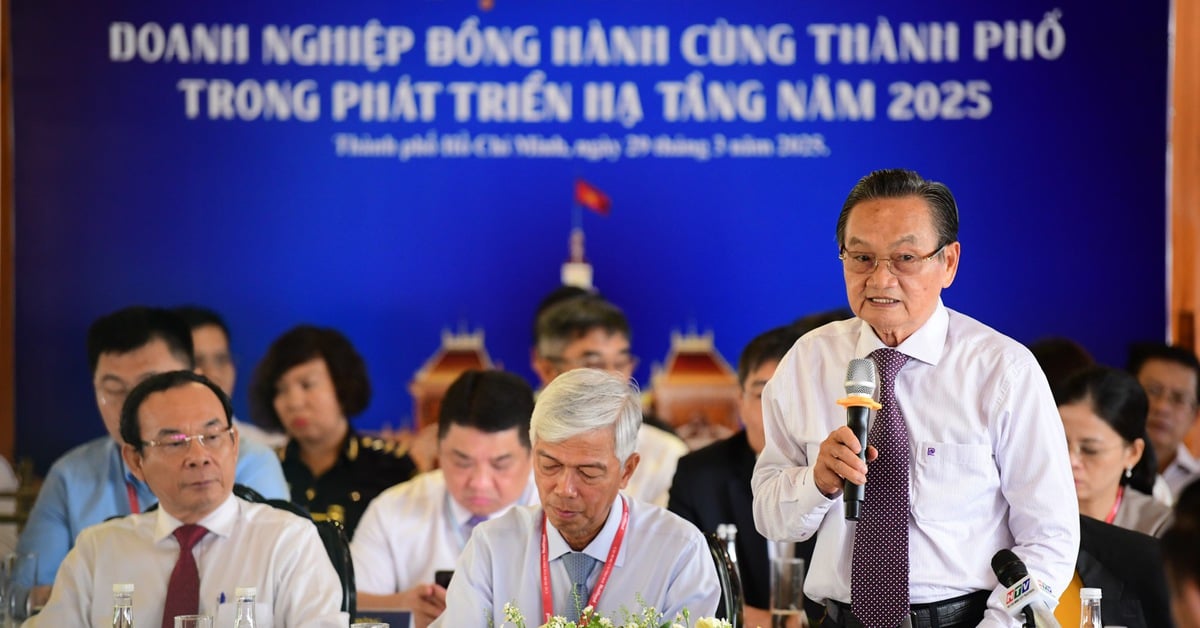
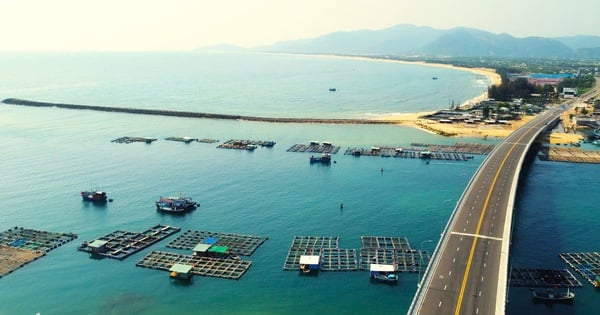


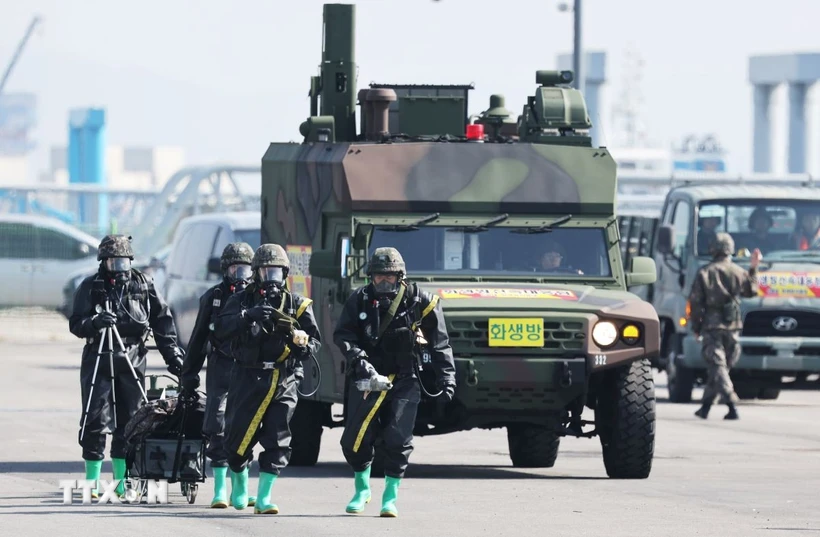

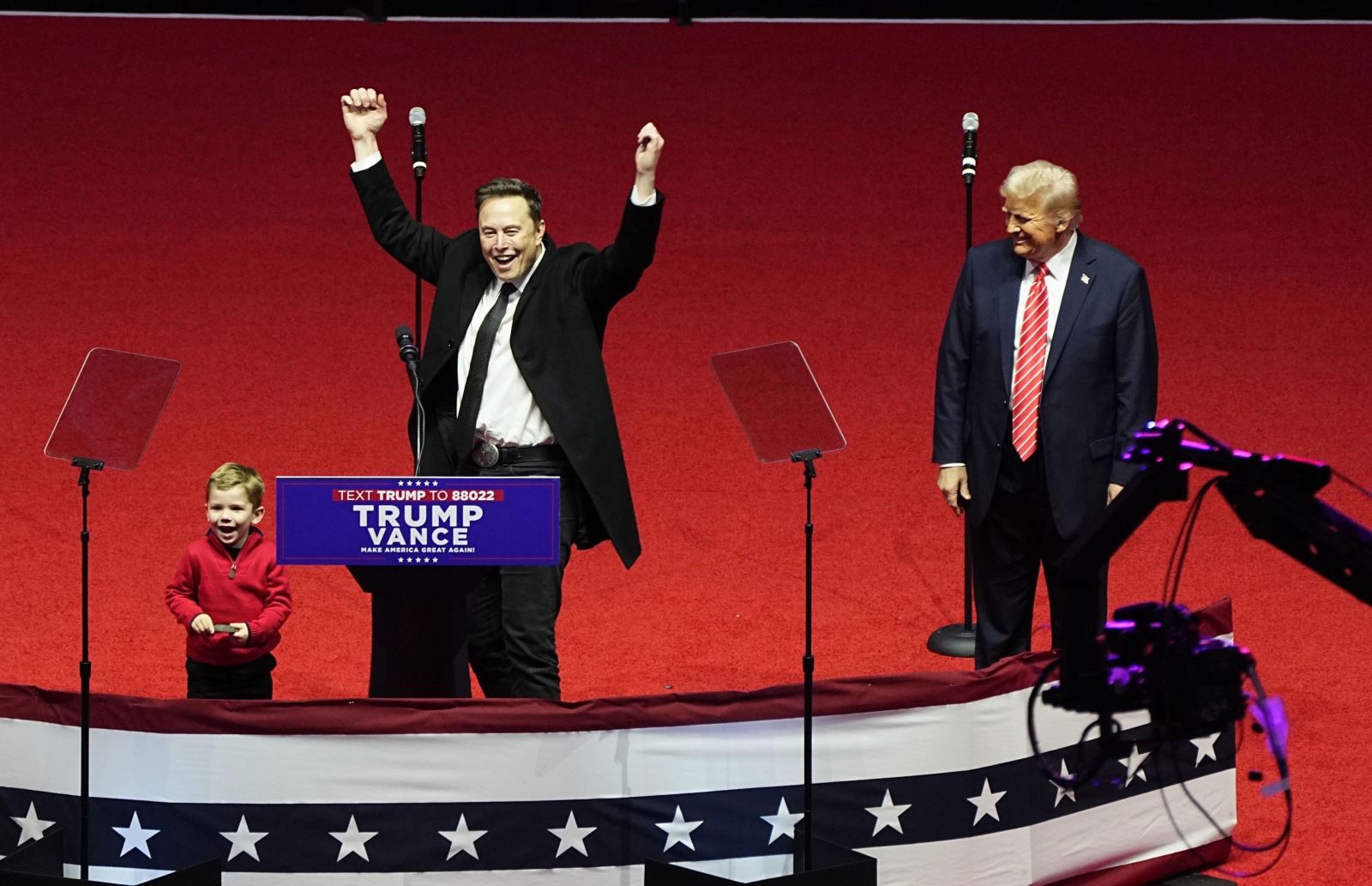
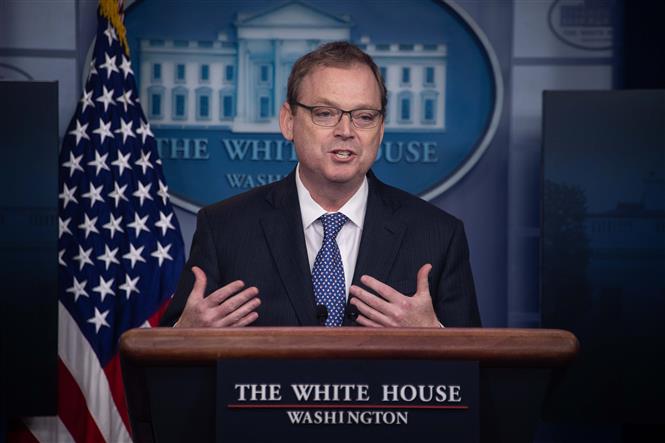

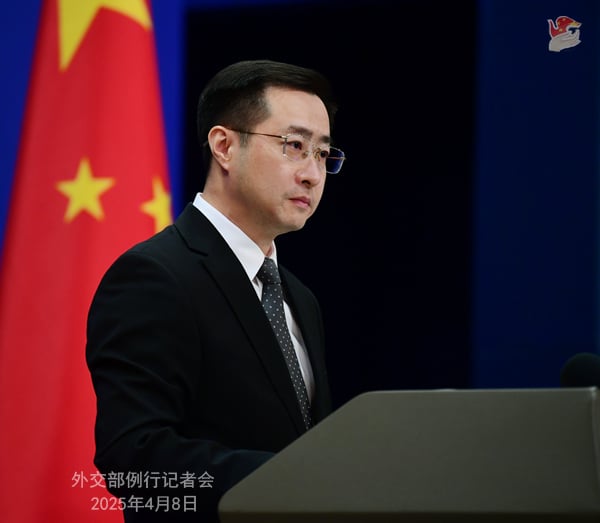




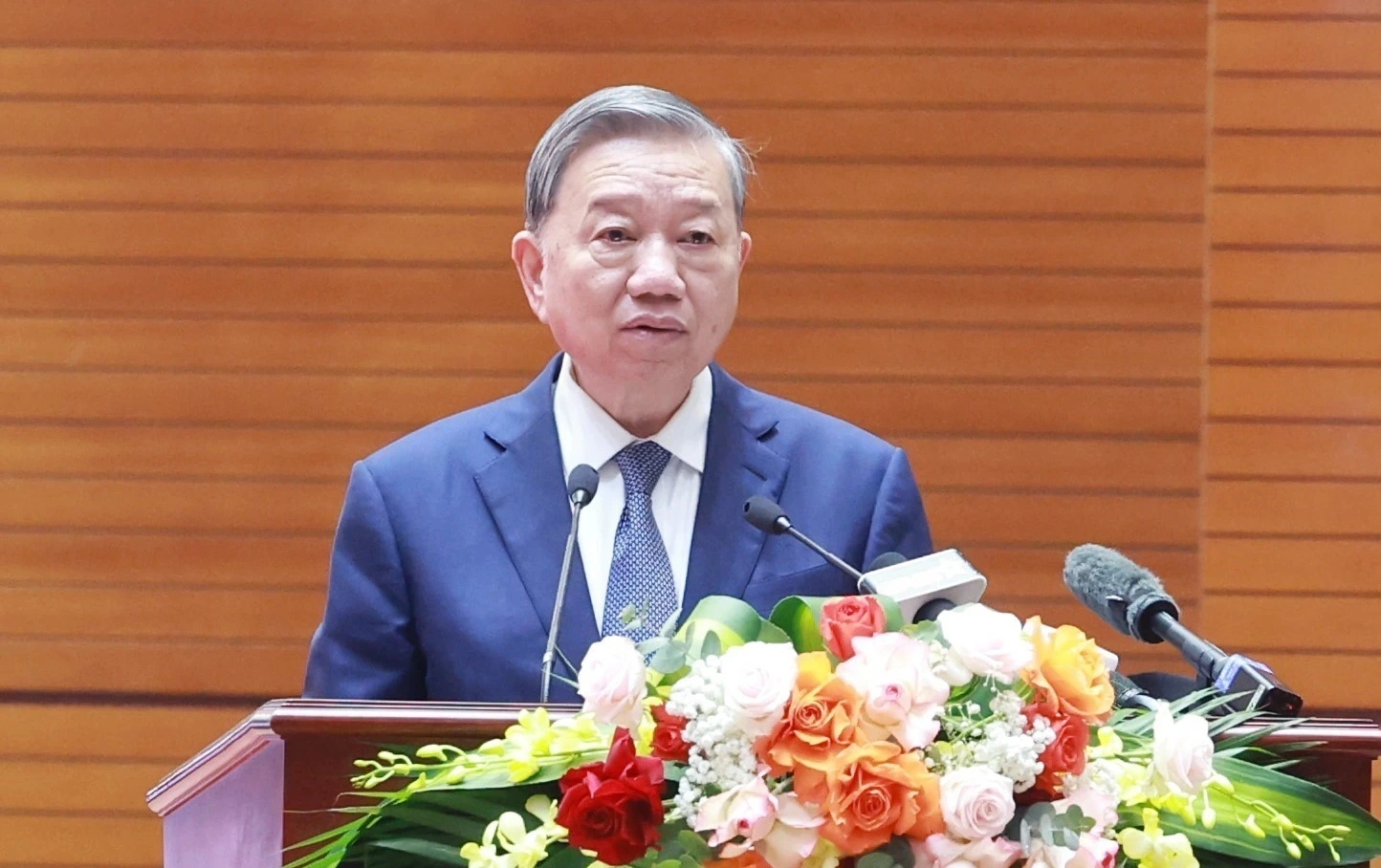

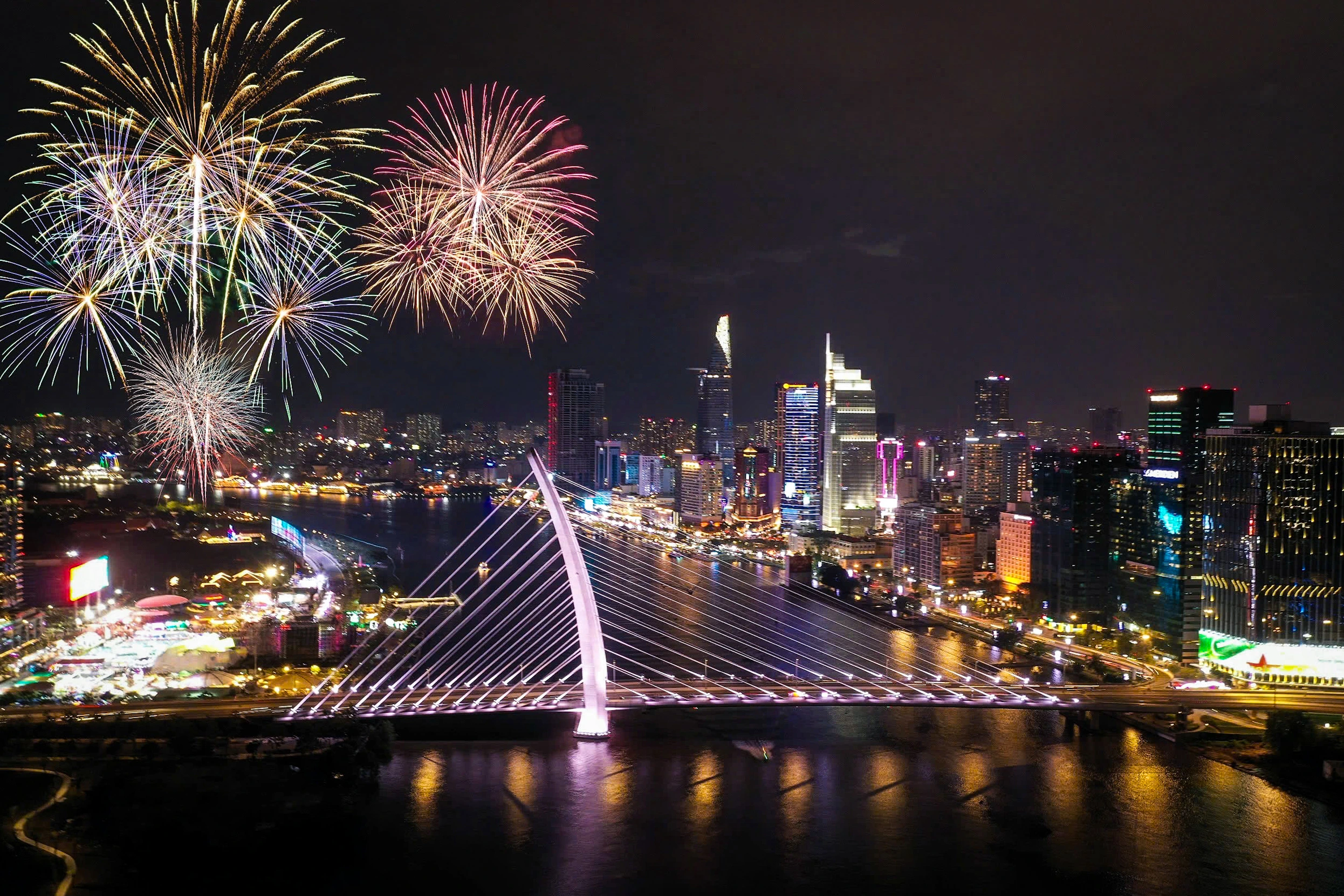

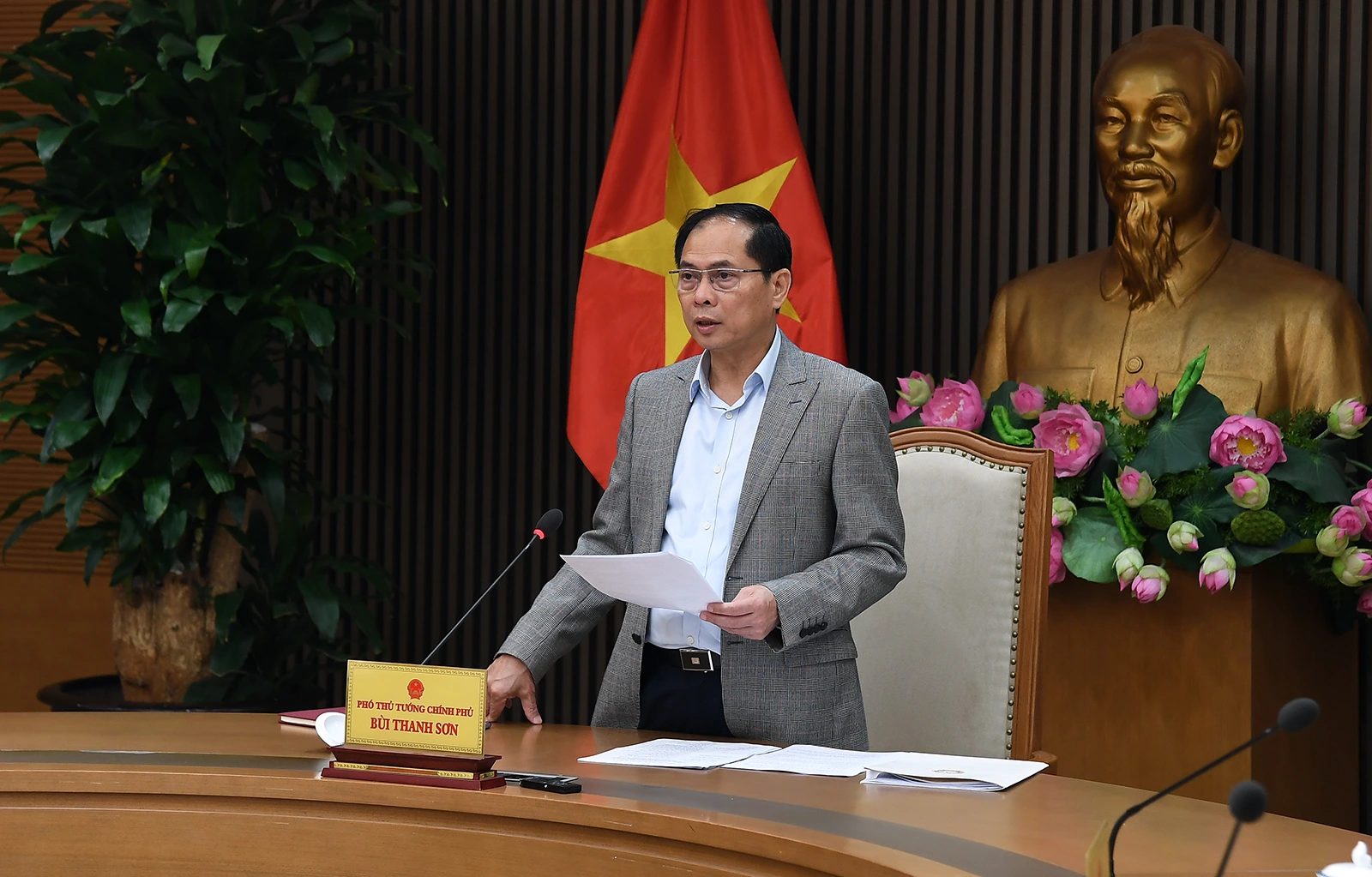














































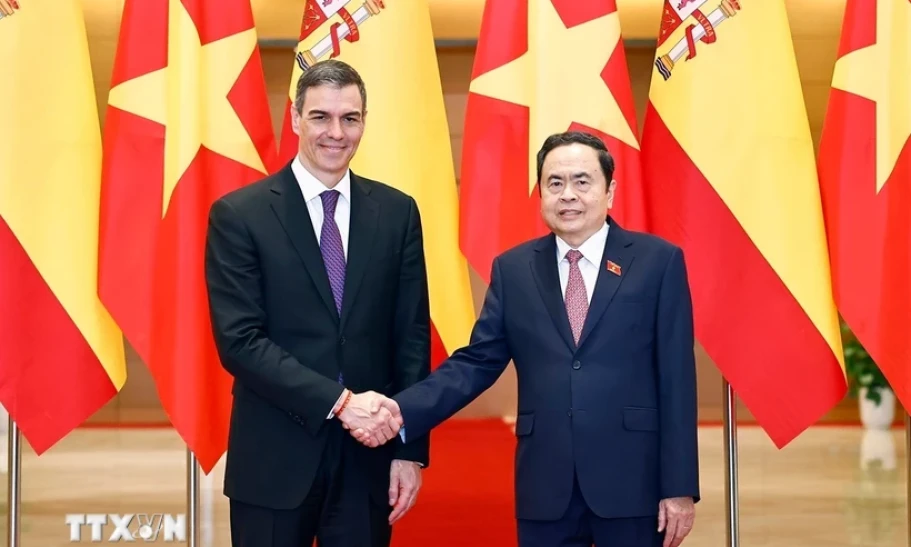
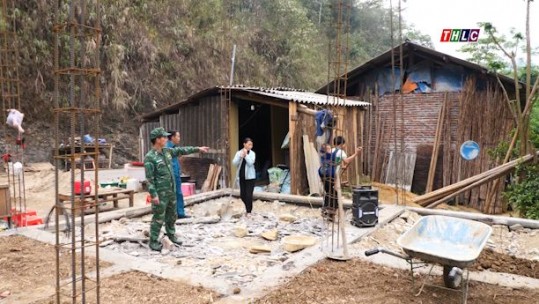










Comment (0)